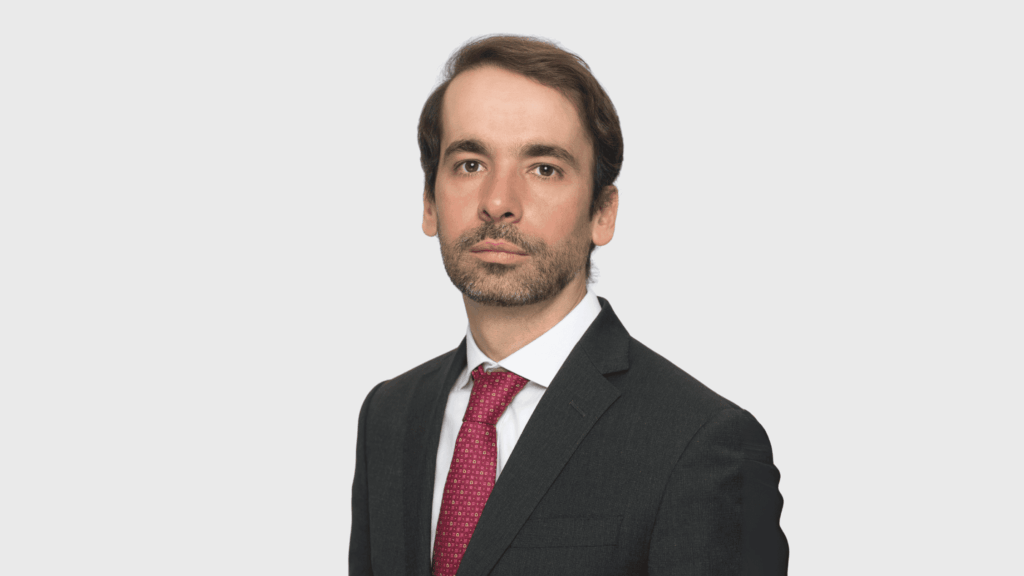Aldo Perracini was appointed CFO of Meren Energy, formerly Africa Oil Corp., in March, following its acquisition of Prime Oil & Gas Coöperatief. Listed in Toronto and Stockholm, Meren focuses on production, development, and exploration, with assets across Africa. Its largest shareholder is BTG Pactual, where Perracini began his career in 2008.
Global Finance: Since you took the CFO role at Meren, what has been your main challenge?
Aldo Perracini: I’d highlight two main challenges. First, stepping into my first CFO role at a listed company brought a significant shift, particularly around regulatory demands and managing relationships with equity investors. It’s been a steep but rewarding learning curve. Second, integrating Prime and Africa Oil wasn’t just operational, it was cultural. Both had strong, independent teams, and we worked hard to bring them together. Today, we’ve built a streamlined, unified team that’s aligned in purpose and values.
GF: What’s distinctive about the CFO role in the oil and gas industry?
Perracini: Like any commodity business, oil and gas is highly volatile. What makes it especially complex—particularly in deep offshore—is it’s capital intensity. You’re constantly balancing sharp price fluctuations with the need to commit significant investment to long-term projects. Navigating that tension is a core challenge for CFOs in this space.
GF: How do you manage the business in an exceptionally uncertain period?
Perracini: You could say we’re in exceptional times, but truthfully, we’ve been in them for a while now. Since Covid-19 and the years that followed, volatility has become the norm. In our sector, the best way to manage that is through hedging; we hedge an adequate portion of our production to reduce exposure to price swings. We also maintain strong financial buffers: a solid cash position and a low gearing ratio compared to peers. That gives us resilience in a very unpredictable global environment.
GF: How much has AI changed the way you work?
Perracini: We’re still in the early stages, but AI is already proving valuable. We are structuring the company to use it to automate repetitive tasks like reconciliations, invoice processing, and data aggregation, which frees up time for deeper analysis. The real potential lies in using AI for real-time modeling of commodity prices, working capital, and credit exposure. It will make our decision-making faster and allow us to focus more on strategy than on data processing. I am a big supporter of extending AI use.
GF: Looking ahead two to three years, how do you define success in your role?
Perracini: Success for me is delivering on what the business plan communicates to the market. It’s about building credibility by executing our strategy, particularly through shareholders’ return and disciplined M&A growth. We’re not chasing specific production or reserve targets. Our focus is on creating shareholder value, growing the business carefully while maintaining financial discipline and resilience in a volatile industry.
GF: What areas absorb most of your time and energy?
Perracini: I split my time across three main areas. First, financial strategy: hedging, financing, and liquidity planning to ensure strong credit metrics. Second, team leadership: building a cohesive team. And third, managing external relationships with auditors, regulators, banks, investors, and lenders.
GF: How do you ensure you have the right team in place?
Perracini: It starts with technical competence across finance, accounting, and technology. But just as important is culture: discipline, resilience, and above all, integrity. Transparency is key; people should feel safe to admit mistakes or challenge ideas. The best argument should always win, no matter who it comes from. That’s how you build trust and make better decisions.
GF: What keeps you up at night?
Perracini: Honestly, I sleep well! But volatility is always on my mind. The first thing I do each morning is check the news for any geopolitical shocks, from missiles to tariffs. These events can impact our industry instantly. Being alert to that risk helps us stay ahead and mitigate it wherever possible.
